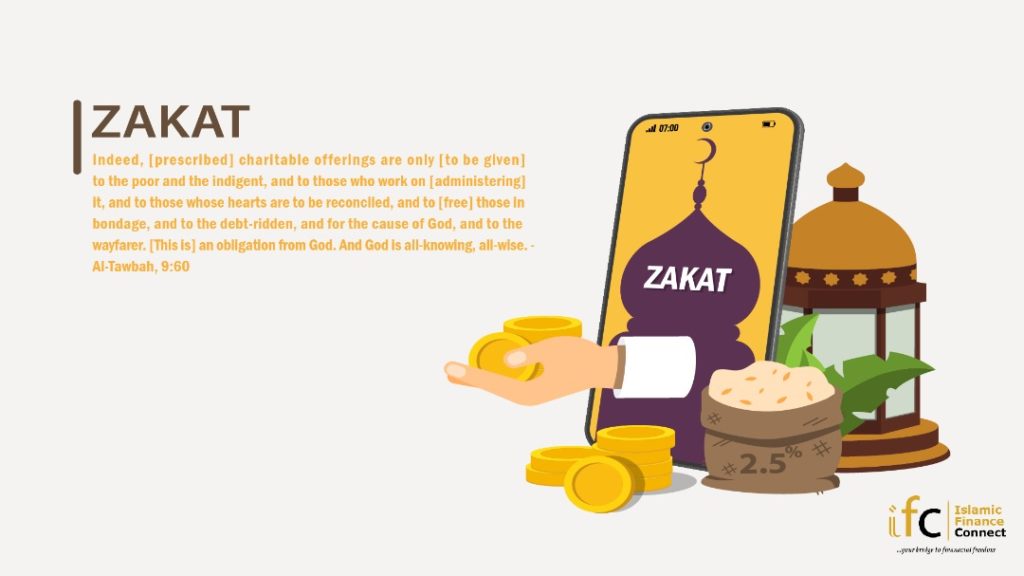Across the seven seas, communication has become instantaneous. Transcontinental travel time has been shortened from months to hours, if not minutes, and the world has become a global community. However, worldwide poverty, a blemish on the civilized world of the twenty-first century and its people, continues to be a key challenge for humanity, particularly, in Muslim majority countries. This is odd because Islam promotes growth and development in every way. Indeed, welfarism and wealth sharing are at the heart of Islamic economic notions, as well as any other trading or commercial operations in Islam.
Because poverty might lead to disbelief (Kufr) or other immoral activities, Islam opposes living in poverty while encouraging seeking spiritual and material refuge in hardship. Muslims seek spiritual protection from poverty in Allah daily, but the Sharia requires that every Muslim have a profession. In terms of materialism, Islam gives efficient socio-economic development tools such as Waqf (endowment) and Zakat (alms). This is to ensure that the difference between rich and poor is as small as possible. The quantity of funds in circulation in the hands of the public determines the economic development of any society. Zakat, for example, promotes wealth circulation and prevents a few individuals from taking over the entire economy, while many have nothing.
In the light of the global campaign on poverty alleviation, Zakat offers a variety of local, national, and international solutions. It is a significant institution that contributes to financial inclusion and stability in all parts of the world. In theory, it is worth contemplating how far Zakat can help with financial inclusion if rich Muslims across the world pay it. Poverty and its numerous complications would be reduced, if not eradicated almost immediately. It is common knowledge that poverty inspires crime, as individuals struggle to meet their basic needs in whatever way they can. In this way, Zakat will contribute to the reduction of crime while also retaining human dignity.
Zakat is annual obligatory alms that Muslims who are moderately rich are required to contribute. Every year, an estimated $200 billion to $2 trillion in Zakat is generated and circulated across the world. Theologically, Zakat is regarded as the third pillar of faith for Muslims. Believing and practicing it is a must for Muslims.
The Muslim who pays Zakat is honoring Allah’s command and demonstrating his or her obedience in a tangible way. The spiritual and communal rewards of obeying the way Sharia designed Zakat have a wide benefit. Moreso, Zakat extends beyond personal spirituality and has the potential to revitalize economies, alleviate or reduce poverty and crime, and balance economic disparities without becoming an excessive form of a progressive tax. Indeed, if administered properly and justly, Zakat would be the solution to many of the world’s socioeconomic and spiritual issues.
To be continued…

